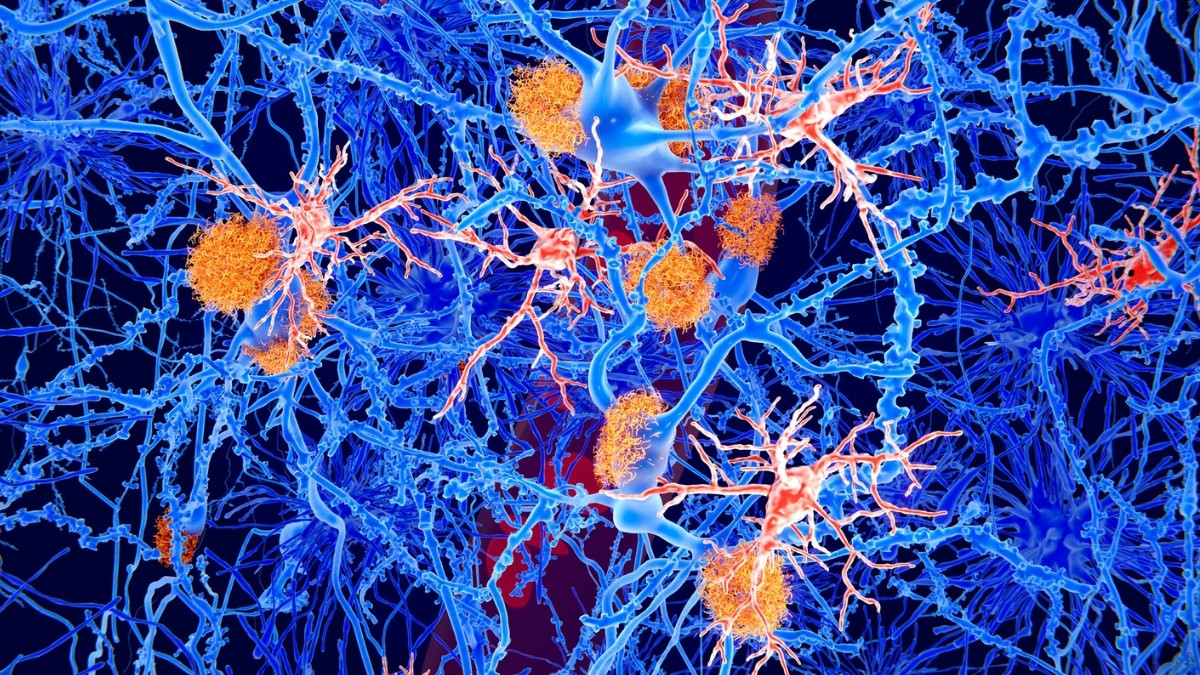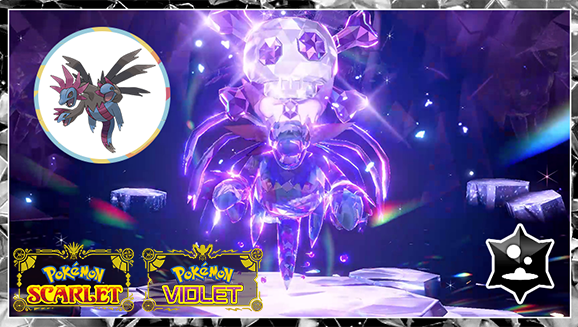LYNCHBURG, Va. (WSET) — For 10 years, you welcomed Mark Spain into your living room.
You trusted him. He started your day on a positive note with his “Good morning, Sunshines,” posts on Facebook.
He was also there anchoring the 11:00 news when you said good night.
You laughed with him; you loved him.

(WSET)
No one thought November 25, 2024, would be his last newscast on ABC 13 News, especially his wife, Lynita.
“That next day he got up and went to the emergency room because he felt something just didn’t seem right,” Lynita explained. “That’s when they did the CAT scan, and that’s when I got the phone call.”
“I still remember the phone call,” Lynita continued. “He was so calm. He said ‘So, it was not an ulcer. They just told me I have stage 4 pancreatic cancer.'”
Three short weeks later, Mark lost a very short battle with cancer.
The silent killer shows very few symptoms before diagnosis.
“I would say maybe 2-3 weeks prior to diagnosis. His acid reflux had gotten tremendously more aggressive,” Lynita said. “He was belching more. He had fatigue. Then, like a week or two prior, we noticed bloating in his stomach.”
“We had no clue it would literally be three weeks from the time he was diagnosed to the time that he passed,” Lynita said.
SEE ALSO: Mark Spain, beloved ABC13 anchor and community figure, dies after battle with cancer
Pancreatic cancer is rare; just 1.6% of us are at risk of being diagnosed.
But you don’t often see symptoms early on, according to Centra oncologist Dr. Susannah Cooper.

Mark Spain with his longtime anchor partners, Danner Evans and George Flickinger.
“I think something that’s really important to remember for pancreatic cancer or anything is that you really have to listen to your body,” Cooper said. “I wouldn’t ignore any symptoms. Especially symptoms that persist.”
Pay attention to symptoms like sudden weight loss, abdominal pain, clay-colored bowels or chronic diarrhea, jaundice, or yellowing of the skin or eyes, fatigue and diabetes.
If you have a family history of pancreatic cancer, genetic counseling can be a tool for early detection and treatment, according to Kelsey Newell, a genetic counselor with Centra.
“Ideally, genetic testing would be offered to those patients very shortly after their diagnosis so we can try to get a better understanding of any genetic mutations they carry that can help us be better informed of their treatment plan,” Newell said. “And identify targeted options for their therapy. Also, provide that risk information to their family members.”
Surgery to remove the cancer and chemotherapy can help survival rates, but only 15-20% of cases are diagnosed at an early enough stage to be treated before it’s too late.
“Even when I started in oncology, we had very little treatments for pancreatic cancer,” said Dr. Cooper .”Over the last 5-10 years, we’ve gotten better and better.”
Cooper said they’ve come a long way in developing innovative ways to help survival rates.
“We actually have medications that can block those mutations and work specifically to attack your tumor,” Cooper said.
Dr. Paul Kunk, an oncologist at UVA’s cancer center, said cancer vaccines are also in clinical trials right now to help cure more patients.
“Having those patients undergo the same chemotherapy and then injecting a personalized cancer vaccine as well as an immune therapy medication to help rev up one’s immune system to recognize those cancer proteins and mount a response to them and go after and kill all of them,” Kunk explained.
There are also risk factors for developing pancreatic cancer you should consider: cigarette smoking, obesity, physical inactivity and chronic pancreatitis.
Talk to your doctor about potentially being screened if you are concerned.

Anchor Mark Spain with his family (Credit: Mark Spain, ABC13)
Lynita doesn’t know when Mark’s cancer started–just that his symptoms presented too late in the game to offer any chance of survival.
“This was one of the most aggressive cases they had seen in a while,” Spain said. “I would never wish this on anyone. Just to see how it so rapidly transpired, it was the wildest thing to see. I felt so helpless. I’ve never loved anyone as much as I loved him. I think I never will.”
Source link


